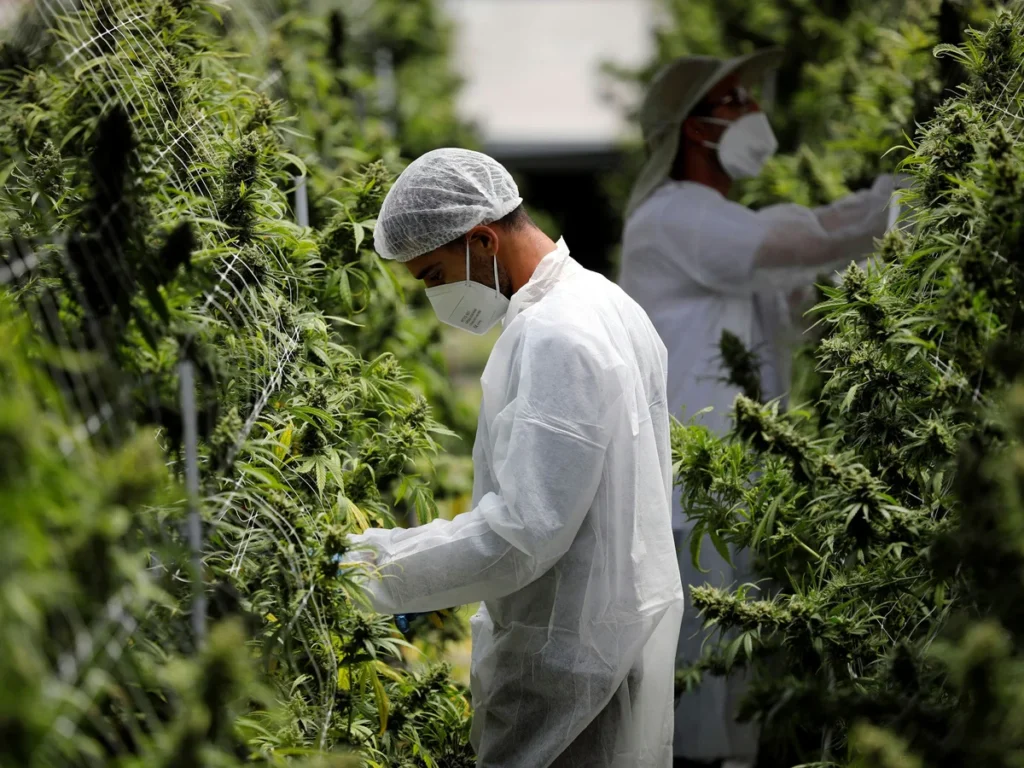Discovering Weed in Timisoara: Cannabis Culture in Romania’s Western Hub

Timisoara, a vibrant city in western Romania, is often regarded as the country’s cultural and economic gateway to the West. However, like many major cities across Europe, Timisoara also has a hidden side: the ongoing presence of cannabis use and the associated culture on discover weed in Timisoara.
Cannabis remains illegal in Romania, but it continues to be part of the urban culture, particularly in cities like Timisoara. This article delves into the cannabis scene in Timisoara, exploring how it operates, the people involved, and the ongoing conversation surrounding the drug’s legal status in Romania on discover weed in Timisoara.
Cannabis Laws in Romania: A Brief Overview
In Romania, cannabis is classified as a narcotic, and the possession, distribution, or cultivation of the drug is strictly prohibited. The Romanian Penal Code stipulates harsh penalties for anyone caught with cannabis, ranging from fines to imprisonment. While the amount of cannabis in possession and whether the person is involved in distribution or simply using it for personal consumption can impact the severity of the punishment, cannabis-related offenses are taken very seriously on discover weed in Timisoara.
Despite the strict laws, cannabis use remains prevalent in some urban areas, including Timisoara. Cannabis is used recreationally to unwind, socialize, and relax. This illicit activity is often hidden from public view, though it remains an integral part of the city’s underground culture on discover weed in Timisoara.
The Cannabis Scene in Timisoara
This youthful and dynamic demographic is a significant part of the city’s social landscape and has a marked impact on the city’s cannabis culture on discover weed in Timisoara.
Cannabis use in Timisoara, like in many other cities, is often associated with the student lifestyle. The social aspect of cannabis consumption is also appealing, as it’s frequently used during social gatherings, parties, or private hangouts with friends.
In Timisoara, cannabis is not consumed publicly due to the legal risks associated with its use. Cannabis can be smoked in joints, pipes, or bongs, or even consumed in edibles or oils, though these methods are less common due to the limitations of availability.
Obtaining Cannabis in Timisoara
Cannabis is generally obtained through informal networks in Timisoara. Users typically rely on word of mouth or connections through friends to find dealers.
While the quality of cannabis can vary, many users report being able to obtain high-quality products through trusted sources. However, purchasing cannabis from illicit sources carries inherent risks, including the possibility of receiving contaminated or adulterated products.
Cannabis and Youth Culture in Timisoara
As a city with a thriving student population, Timisoara’s cannabis culture is closely tied to the city’s youthful energy.
In these social settings, cannabis is often viewed as a means to enhance experiences, stimulate creativity, or simply relax.
Cannabis use is, in some cases, tied to the exploration of consciousness and creative expression.
Social and Health Implications of Cannabis Use in Timisoara
From a health perspective, cannabis can have both positive and negative effects on users. For some, cannabis can provide relief from anxiety, stress, and chronic pain, while others may experience adverse effects, such as paranoia or cognitive impairment.
One of the most significant health risks associated with cannabis use is the potential for impaired driving or accidents. Although cannabis is often seen as a relaxing substance, it can impair motor skills, coordination, and cognitive function.
The Growing Debate Over Cannabis Legalization in Romania
Cannabis use is not limited to Timisoara; it is a nationwide issue in Romania. Additionally, proponents argue that cannabis has potential medicinal benefits, particularly for patients suffering from chronic pain, anxiety, and other conditions.
Opponents of legalization, however, remain concerned about the potential social consequences, including an increase in consumption, particularly among young people. Many fear that legalizing cannabis could normalize drug use and lead to public health issues.
Despite the ongoing debate, Romania has not yet moved toward cannabis decriminalization or legalization.
Conclusion: Cannabis in Timisoara’s Cultural Landscape
Cannabis use in Timisoara reflects the broader trends observed in Romania’s urban areas, where younger generations are beginning to challenge traditional attitudes toward drugs.
For now, cannabis remains part of Timisoara’s vibrant, if concealed, urban culture.

When it comes to marijuana products, ScentHub offers an extensive selection of some of the highest quality items I’ve come across. I’ve tried a variety of strains, edibles, and concentrates, and the quality has consistently been outstanding. The flowers are always fresh, fragrant, and potent. I’ve had the chance to try both Sativa and Indica strains, and the effects have been exactly as described. Contact them on email: Scenthub43@gmail.com and also there Telegram : t.me/Scenthub43
Wow they have an option for me. The variety in their selection means that no matter my experience level, I’ll find a product that fits my needs. highly recommended .
I can say without hesitation that ScentHub has earned my loyalty. From the quality of the products to the exceptional customer service.

I’ve had a number of experiences where edible products don’t quite deliver the promised effects or leave an unpleasant aftertaste, but that’s not the case with ScentHub. The gummies, chocolates, and drinks I’ve tried have all been potent, flavorful, and consistently effective. The packaging is also informative, making it easy to understand the dosage and what to expect from each edible, Thank you !!!
They also don’t pressure you into buying anything you’re not ready for, which is a huge relief. It feels more like a conversation with a trusted friend rather than a hard sell. highly recommended!!